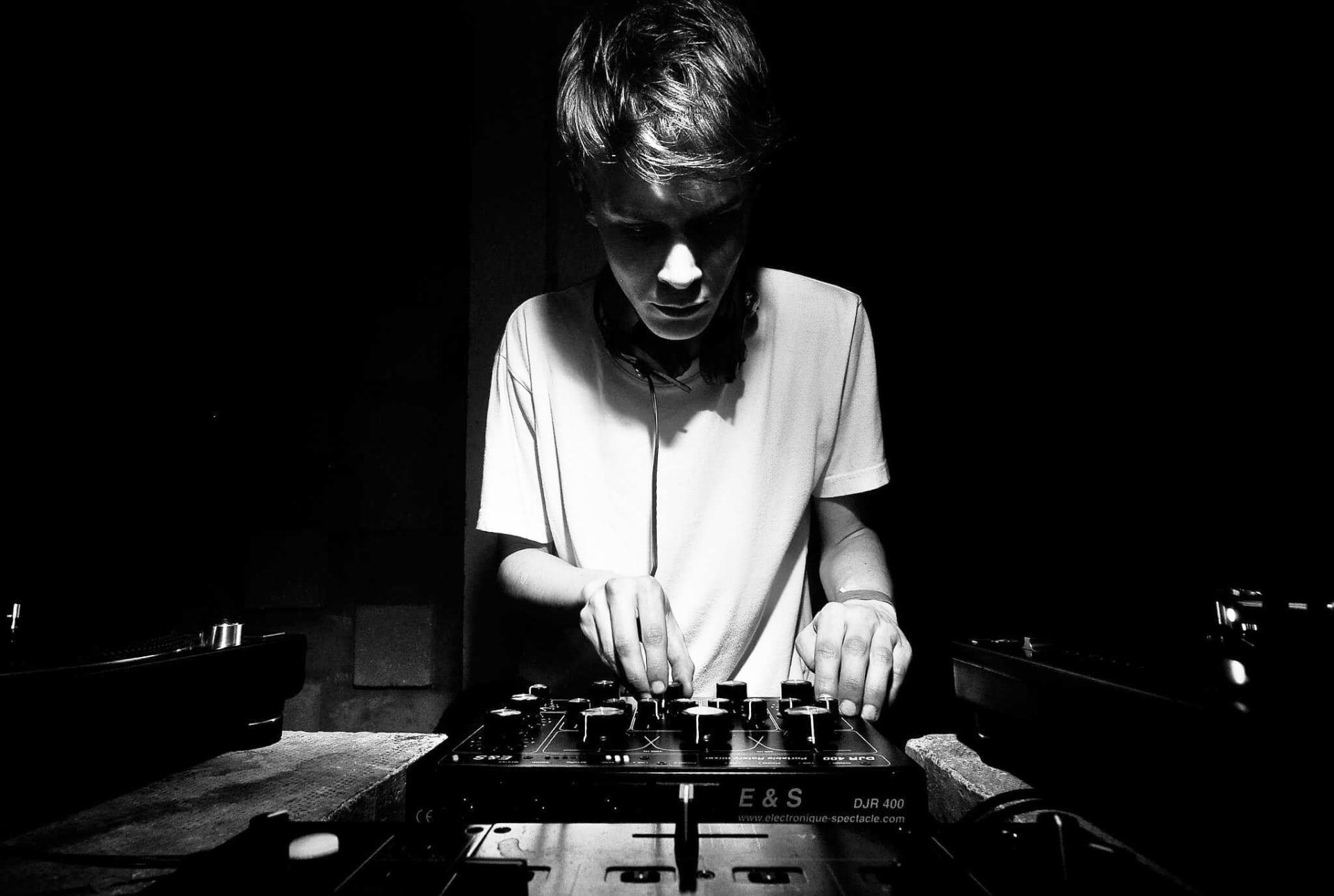
Pariah On The Art Of Playing Back-To-Back With Other DJs
Back in 2010, Arthur Cayzer debuted his Pariah moniker with a big bang. His first solo release under that name, Detroit Falls/Orpheus, came out via the then-recently revived R&S Records and hit all the right spots by blending Burial-indebted UK garage and Dilla-style beats. A new boy wonder was born. Surprisingly, Pariah went silent in 2012 and resurfaced with a renewed focus on Karenn, a gritty live improvisational techno project he runs with fellow British techno practitioner Blawan. But he still DJs as Pariah; in fact, he will play back-to-back with Candy Pollard at White Noise in Stuttgart tonight as part of a Telekom Electronic Beats Clubnight. Ahead of this special event, we asked him a few questions on how he plays with another DJ.
Do you prepare for a back-to-back set differently than for a solo set?
To be honest, I just look at it as another thing to take into consideration when preparing for a set. For instance, for a solo set I’ll already be preparing based on what I expect the vibe to be like, how big the club is, what the sound system is like and who else might be playing. With a back-to-back set, it’s pretty much the same except that I also factor in making track selections that would complement the style of the DJ that I’m playing with.
How do you navigate the unpredictable nature of playing back-to-back with someone? Are there ever situations where you feel the music or vibe going in a different direction than you intended? And what do you do when that happens?
I think there’s a fine balance between having a few surprises and maintaining good communication. You want things to be spontaneous and you want to give people the space to do their own thing, but it’s also vital not to be to afraid to communicate to the other DJ if you feel as though something isn’t working. It’s also incredibly important to listen to what the other DJ is doing. This might sound obvious, but there’s really no point in playing a tune that you really want to play unless it makes sense to do so in relation to what the other DJ is playing. This is something that I’ve come to appreciate more and more as a result of playing live with Jamie [Blawan] over the past few years. The Karenn sets that tend to work out the best are the ones where the musical choices we make are based on complementing what the other is doing. This is partly the result of practice, but more importantly, I think it’s because we each listen to what the other is doing and try to react accordingly.
Do you feel like you have to be deeply compatible with someone else’s music taste and DJing style?
It certainly helps, but I don’t think it’s essential. Obviously it’s important to have some crossover, but I feel that a successful back-to-back should end up being more than a sum of its parts.
Does the way you play differ from a solo set to a back-to-back set? If so, how?
I still get quite nervous before a solo DJ set and I think playing back-to-back—especially with a good friend—really helps to ease those nerves. Having a companion in the booth takes the pressure off a bit, so if anything, the difference would probably be that I’d feel more comfortable to take more risks earlier on than I would if I was playing on my own!
How do you decide that you’re going to play a back-to-back set? Have you played with Candy Pollard before?
It really depends. Sometimes an offer will come through from a promoter, sometimes there will be a plan with someone to do one and sometimes it just happens on the night. In fact, the first time I played back-to-back with [Candy Pollard] was when I played for the Who The Fuck crew in Heilbronn. We had only just met that evening, and we ended up playing back-to-back together at the end of the party. Since then we’ve done one more all night back-to-back in Stuttgart a couple of years back, which was amazing!
Find more information about Pariah’s set at White Noise in Stuttgart tonight here.
Published May 26, 2017.
